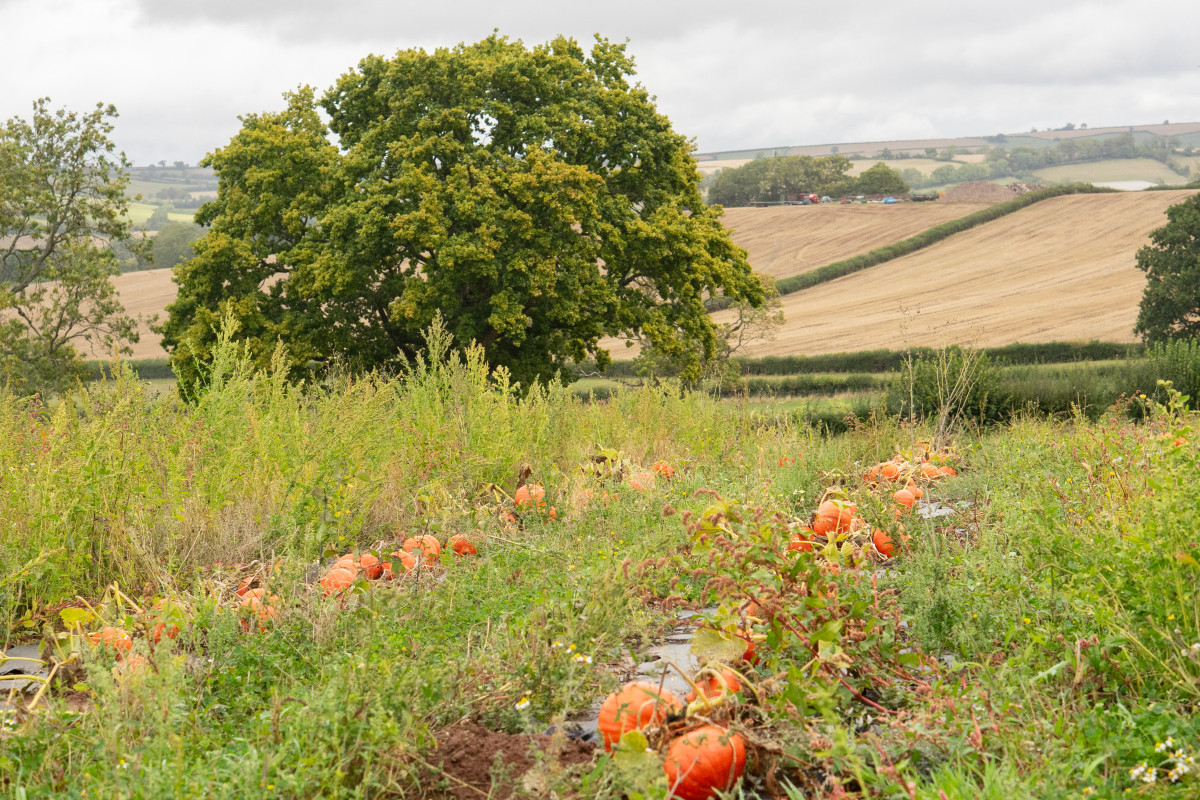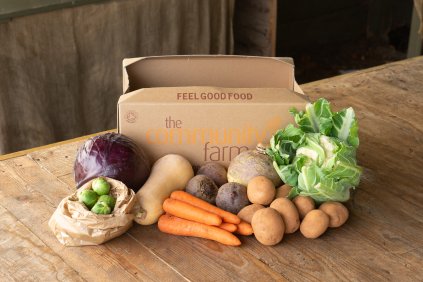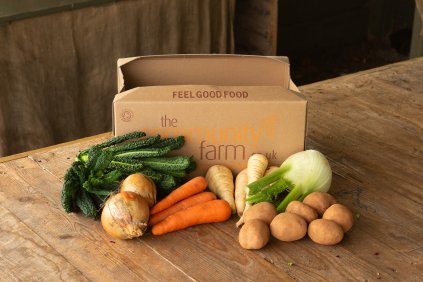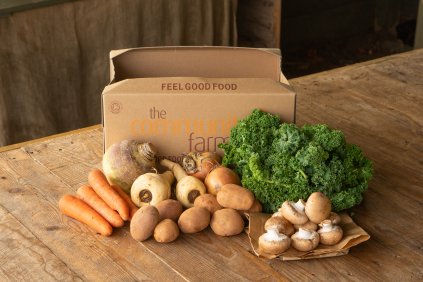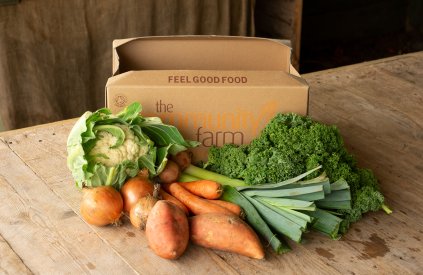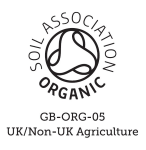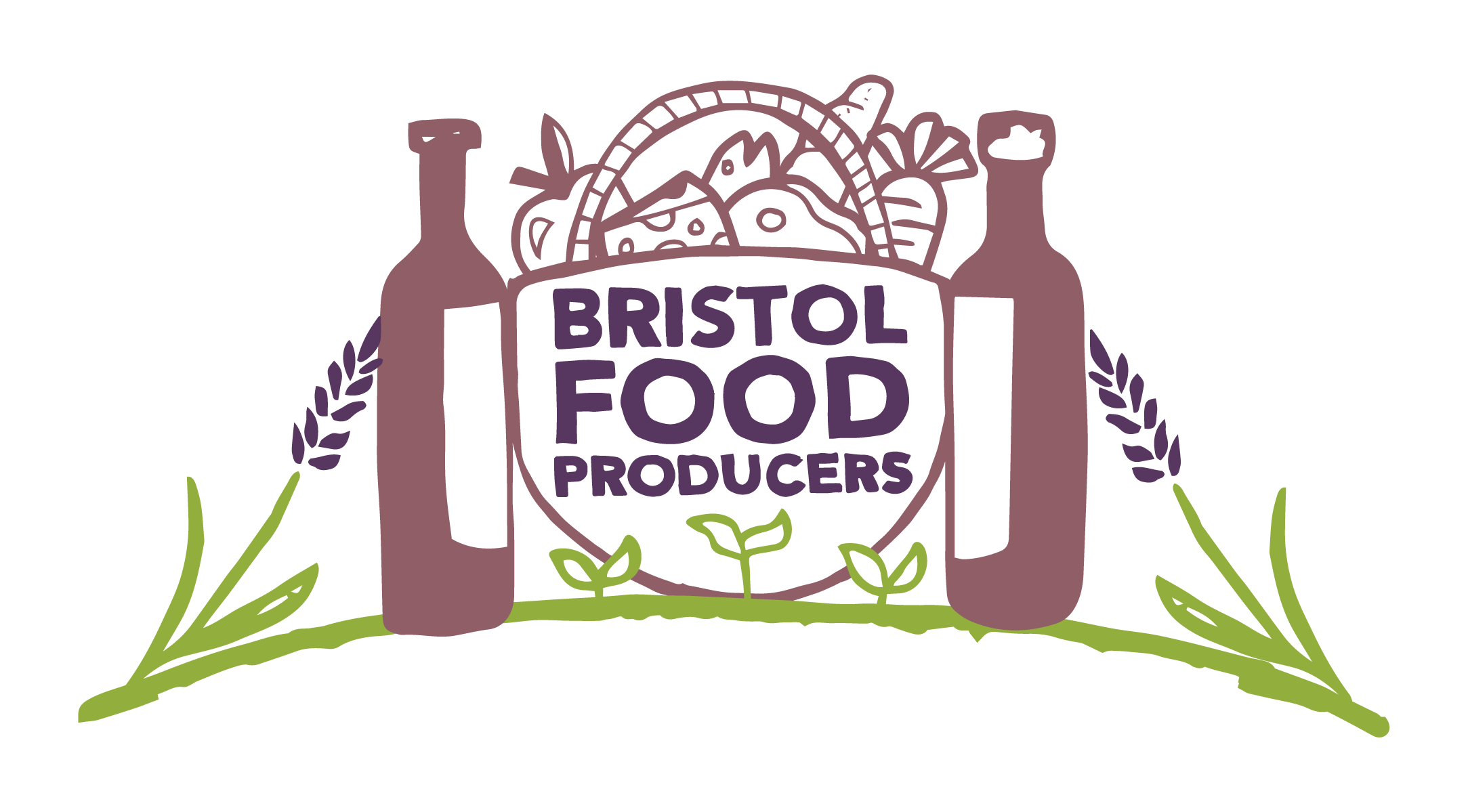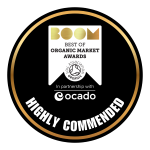An organic vegetable box, that’s entirely plastic-free, has been launched this month by The Community Farm.
Managing Director, Ped Asgarian, outlines the thinking behind the new product, and explores the deeper complexities of plastic use in the food and farming sectors.
It follows the recent replacement of our plastic tomato punnets for cardboard ones.
The launch is part of The Farm’s continuing commitment to reduce unnecessary plastic in our operations.
The campaign to cut plastic waste has gripped the public’s imagination. People rightly look to enterprises like The Community Farm to step-up, and champion the cause. We pride ourselves in listening to customers, so when we received requests for a veg box that contained no plastic, we responded.
Our new Veg No Plastic box contains no products pre-packed in plastic, or items that need plastic to keep them fresh or in good condition. The launch of this box follows the recent replacement of our plastic tomato punnets for cardboard ones, and is part of The Farm’s continuing commitment to reduce unnecessary plastic in our operations.
Plastic is a problem – from production, right through to disposal. It’s been having a detrimental effect on our planet for decades. However, we must look at plastic use industry by industry and within the correct context, to ensure we make the correct decisions and conclusions.
Food and farming rely heavily on the use of plastic to maintain freshness and product quality. Without plastic, greens like chard and spinach will wilt and rot at a fast rate. The use of paper bags are prohibitive as they dry the produce, and loose greens in veg boxes are not practical, as they suffer from atmospheric changes.
At The Farm, we try to minimise the use of plastic to only what is essential. We don’t buy in, wrap or package products unnecessarily. And we are constantly trying to improve our packing to minimise plastic waste. Our shorter supply chain, both locally and abroad where we work directly with growers, allows us to minimise the need for wrapped vegetables and fruit, such as peaches, nectarines and cucumbers. Unfortunately, unless you are able to pick directly from the field, greens like kales, spinach and chard will simply not keep their quality.
The carbon footprint of producing plastic bags is actually smaller than both paper bags (recycled and unbleached) and rubber bands. In fact, this can be up to five times smaller when looking at the CO2 emissions. Environmentally, the problem with plastic, when compared to the alternatives, is not the production, but how we deal with it, once used.
When using plastic, we are currently faced with three options; recycled and recyclable, biodegradable, and more recently, plant-based. At The Farm, we use plastic which can be reused or recycled. We believe it has the least impact on the environment.
Biodegradable plastic cannot be recycled and is sent to landfill where it degrades faster, releasing micro-plastics and emitting greenhouse gases. If any biodegradable plastic gets into the recycling chain it can cause entire pallets of plastic to be contaminated and thrown away.
Plant-based plastic brings a different set of problems. They energy needed to convert plants to plastic is significantly more than normal plastic, increasing their carbon footprint. Similar to biodegradable plastic, if any gets into the value chain, it will contaminate plastic recycling and cause excess waste. Whilst it may be compostable, due to its plant-based properties, it can take too long to break down to be put in compost, and ends up going to landfill, which in itself is not a solution to our waste system. Also, many plant-based plastics are made from GM plants in a bid to make them more affordable - a practice we will not endorse as an organic farm.
Perhaps the bigger questions we need to address, is looking at what we do with the plastic (recycling and re-using), what type of plastic we use (recyclable and recycled), and what products actually need to be in plastic containers (bottled water, shampoos and conditioners, shower gels, etc).
The Farm will continue to look at ways to reduce plastic in all aspects of its supply chain, from picking, right through to the product at your doorstep. But it’s Important we do so with caution and a well thought-out and researched approach, to ensure we are taking actions that will truly have a positive effect.
Ped Asgarian
Managing Director
Join one of our events this year!Find out what's on
About Us
- Home
- About Us
- News from The Farm
- News From The Farm: September 2018

Search
News From The Farm: September 2018
- Details
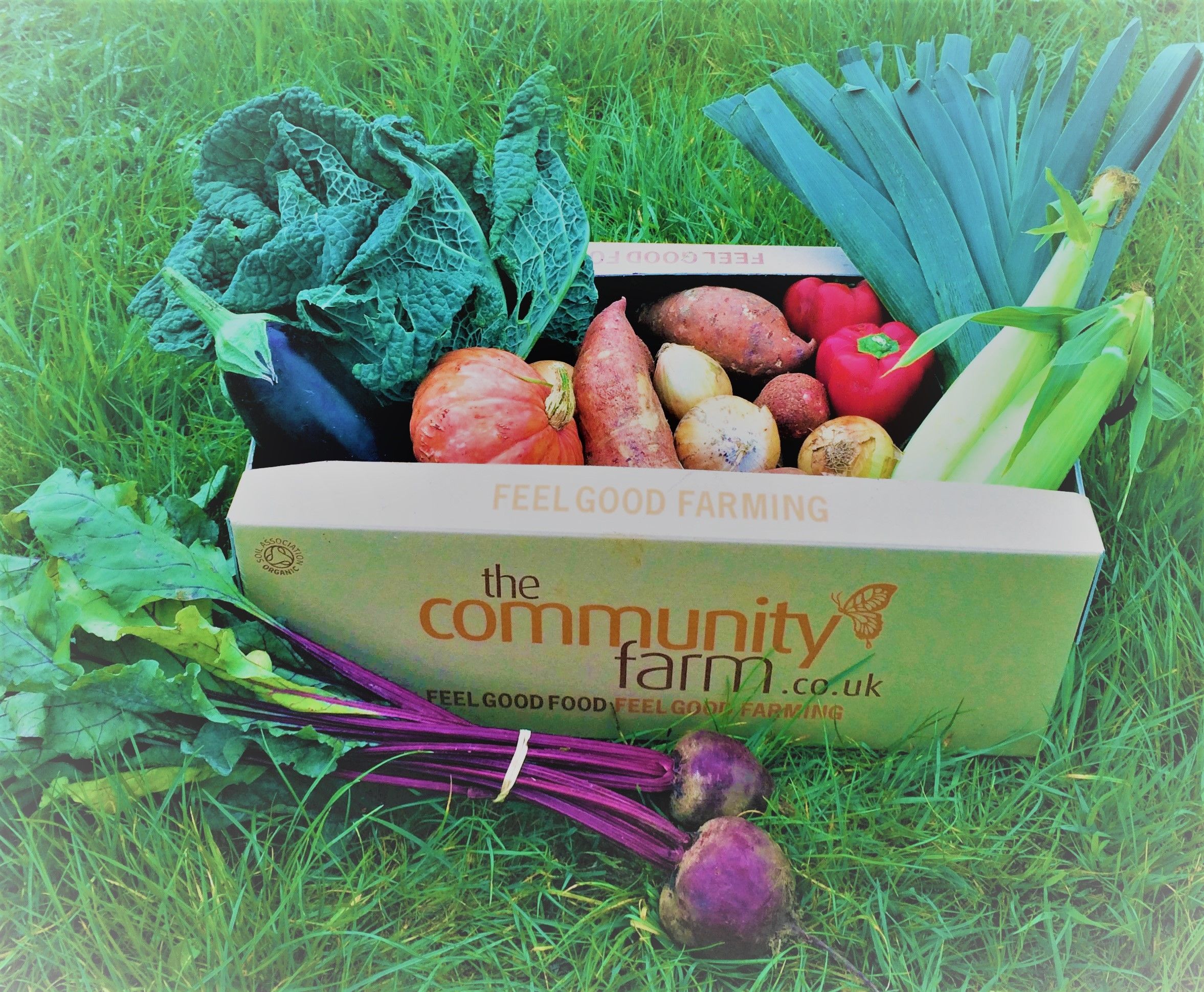
Our Most Popular Boxes
Do we deliver to you?
We deliver to Bristol, Bath, Chew Valley, Weston-Super-Mare, Frome and plenty of places in-between!
The Community Farm
Denny Lane
Chew Magna
Bristol BS40 8SZ
Our Outlets
Saturdays 9am-2pm
The same wonderful, organic produce that goes into our veg boxes is available for sale at The Farm's Veg Shed.
The Community Farm is a not-for-profit organisation, registered with the Financial Conduct Authority as a Community Benefit Society.
Our registration number on the Mutuals Public Register is 31018 R. Our companies Number at Companies House is IP031018
© 2026 The Community Farm

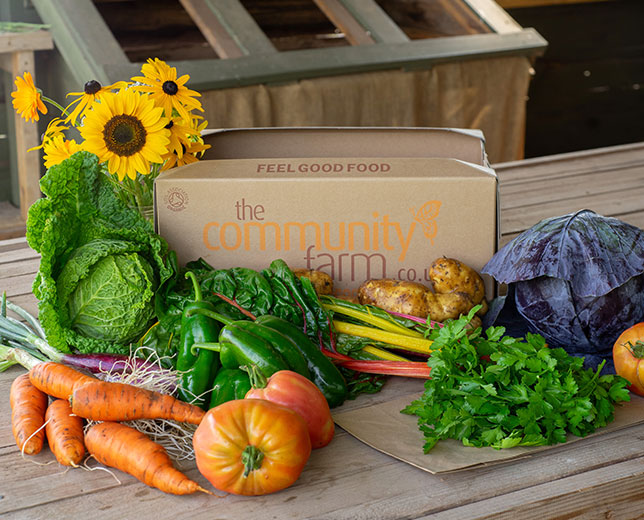
.jpg)
